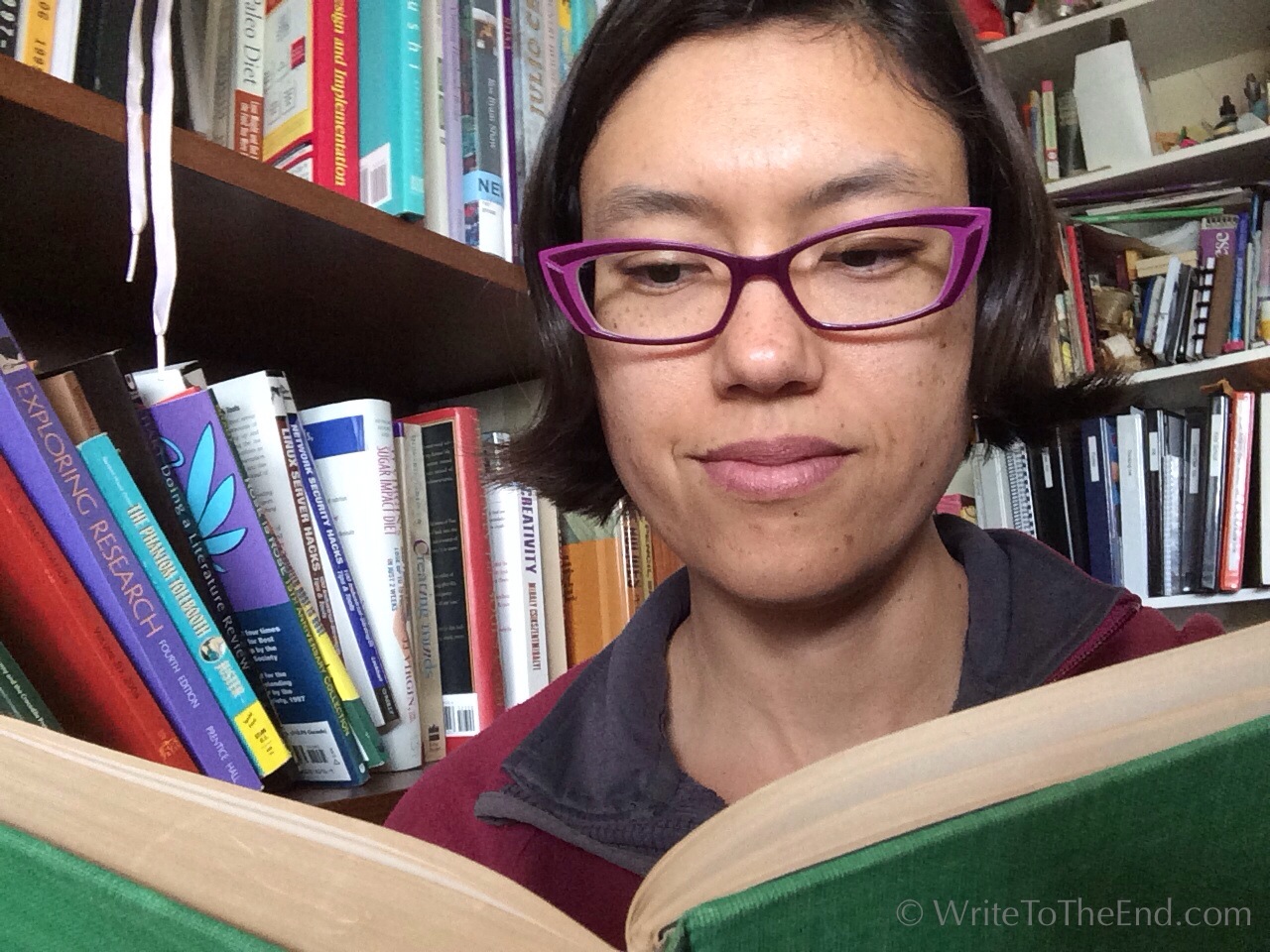
During one of the most stressful times in my life, I spent a couple of hours every day reading Philip K. Dick novels. I did this for three or four months. Novels such as Martian Time-Slip and Flow My Tears, the Policeman Said allowed me to spend time being insane, and I think that helped me be sane the rest of the time. I suppose this would be classified as “escape,” which is one of the uses of fiction that people often cite. I think of it more as “medicine” or “treatment,” but I guess I can accept “escape.” This is the only time I can think of that I’ve used fiction for something resembling escape.
My main use of fiction is the opposite of escape. It’s to wake up, to be here, to open myself to the wonder and beauty of life and this world. A story like “Why I Left Harry’s All-Night Hamburgers” produces this effect and is also about it at the same time.
Another way I use fiction is to know what matters and to have an example of how to live. Janet Kagan’s “The Nutcracker Coup” shows me how to keep standing as myself in the face of hate. I read this story before I was much interested in “real life,” but later I also found the same strong and beautiful truth in the story of Rosa Parks’s “no” and the Montgomery Bus Boycott. Fiction shows me how to live as my best self, to do what’s right, for all of us, even when it’s not what’s easy.
I also use fiction as a source of human relationships. I read The Plague to hang out with people whose company I enjoy; I read Sherlock Holmes to participate in the friendship I have with the narrator. Reading 1984, I experience unconditional love, something uncommon in non-fictional human relationships. What about Ender’s Game? My original use of this book was as an initiatory experience, a rite of passage. But I re-read it for many of the uses I’ve already mentioned. Most of the stories I love serve more than one of these uses, maybe all of them.
A final use of fiction is something that can come from any writing: a pure sensual experience. I read Julio Cortázar for his stories, but also for his language, to be flowed along by words, to be treated by a sentence as though it were a lover; it’s the same feeling as following somebody who really knows how to dance. I read Cortázar in Spanish, and sometimes I don’t know half the words, but I still enjoy it. Maybe enjoyment is the overarching use of fiction. Could that possibly be true? Could the world really be as loving as that? I will have to think about this and get back to you. I will have to write about it.
For now, it’s your turn. What do you use fiction for?